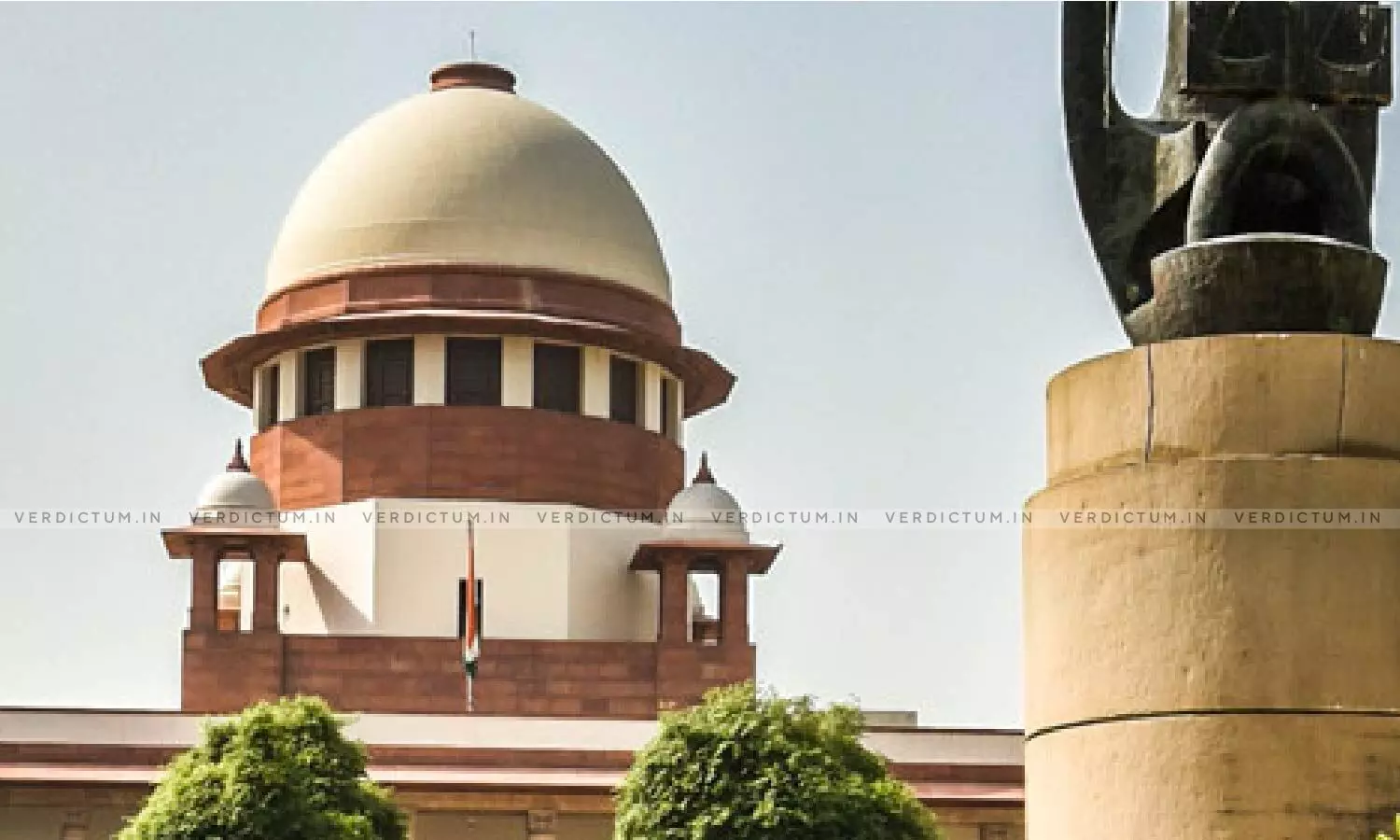
‘Unsettling Poor Rustic Villagers Would Result In Heaping Injustice’: SC Set Aside Collector’s Order Cancelling Land Allotment Under UPZALR Act
 |
|The Supreme Court set aside the Collector's suo moto order of cancellation of land allotments under Section 122-C of the Uttar Pradesh Zamindari Abolition and Land Reforms Act, 1950 in absence of fraud, occurring 13 years after the initial allotment.
The Court held thus while stating that the power of the Collector is available to initiate suo moto action for cancellation of allotment under sub-section (6) of Section 122-C in case of fraud and if such foundational facts would disclose the same, it would suffice to initiate the proceedings.
The bench of Justice C.T. Ravi Kumar and Justice Aravind Kumar observed, “the power of the Collector is available to initiate suo moto action for cancellation of allotment under sub-section (6) of Section 122-C in case of fraud and if such foundational facts would disclose the same, it would suffice to initiate the proceedings as fraud vitiates all proceedings..allottees who are poor rustic villagers have constructed their houses and the allotment was made based on the approval granted by the then Sub-District Magistrate and they have been residing in the residential buildings so constructed by them for the last several years and to unsettle the same would result in heaping injustice to those poor hapless persons and particularly when the subject land has been utilized for allotment to the poor and houseless persons.”
Brief Facts-
The Writ Petitioners who were illiterate villagers sought land for housing and were allotted lands to build homes. However, after a period of 13 years, the Lekhpal submitted a report for cancellation of such allotment on the ground that the land allotted to the writ petitioners and other allottees was classified as Panchayat Ghar and the same could not have been allotted to the writ petitioners. Hence, the proceedings for cancellation of the allotment came to be initiated by the issuance of a show cause notice to all the allottees.
The Court stated that there is no limitation fixed for initiation of the proceedings under the UPZALR Act. However, according to the Court whether such initiation of the proceedings can be at any length of time or at any point of time where no limitation is prescribed is the question that is required to be addressed.
The Court relied on the decision of the SC in Ibrahimpatnam luk Vyavasaya Coolie Sangham v. K. Suresh Reddy, (2003) 7 SCC 667 and observed, “it came to be held by the Apex Court that suo moto power should be exercised within a reasonable period even in case of fraud and within a reasonable time from the date of discovery of fraud and it depends on facts and circumstances of each case.”
The Court stated that in Ibrahimpatnam’s case sub-section (4) of Section 50-B of Andhra Pradesh (Telangana Area) Tenancy and Agriculture Lands Act, 1950 was pressed into service discloses that the expression ‘the collector may, suo moto at any time” is occurring while such expression is conspicuously absent in sub-section (6) of Section 122-(C) of UPZALR Act.
The Court noted that in the absence of the expression ‘any time’ in Section 122-C of the UPZALR Act, it cannot dwell extensively to annul the challenged orders.
The Court noted that the Tehsildar in his report stated that land was preserved for Panchayat Ghar and the Tehsildar also said to have found certain irregularities including the missing signature of the SDM.
However, the Court noted that no allegations of fraud were attributed to the allottees.
Accordingly, the Court set aside the order of the Additional Commissioner.
Cause Title: Shyamo Devi v. State of U.P. (Neutral Citation: 2024 INSC 430)